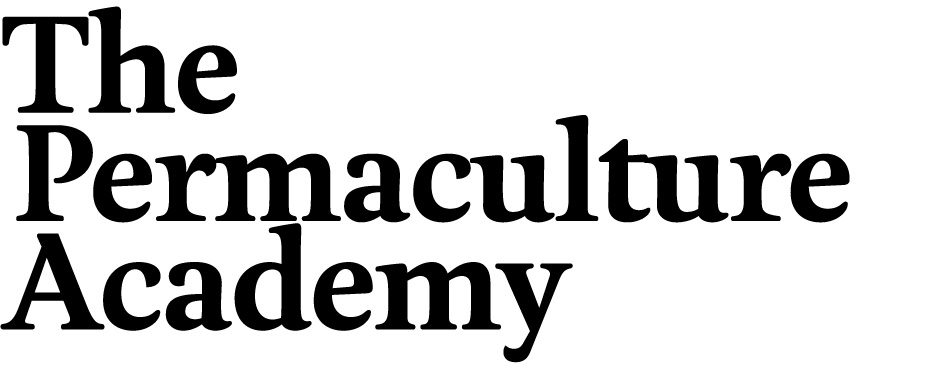Permaculture Certification:
Moving from techniques and technologies into strategies for creating community self-reliance.
Part Three will examine how to apply Permaculture to business and community development by fostering a sense of place. By the end of Part Three, students will learn strategies for creating community-wide sustainability, as well as present their team design projects to their new community of permaculturists.
Weekend Five
This session will explore ideas for establishing community-scale industry, bioregional associations, and increasing self-reliance.
Meeting one’s daily needs is a principal challenge to the transition into a more holistic lifestyle. Living off-grid and other sustainable lifestyle concepts resonate strongly with the Permaculture community, and can be realized by applying Permaculture principles to the local community in order to foster individual self-reliance. We will explore various strategies for the design and development of intentional communities and eco-villages, including legal structures and sociological ramifications. Because businesses are an essential part of a community’s economy, we will review concepts such as cooperatives, limited-liability corporations (LLC), credit unions, EarthBanks, and local currencies. Students will examine the “invisible structures” of human societies, and learn to read the psychological, political, and economic patterns of large-scale human interactions.
Topics:
- Eco-Villages
- Invisible Structures
- Village Design and Development
- Business Guilds
- Rural and Urban Links
- Business Types
- Banking Strategies
- Local Currencies

